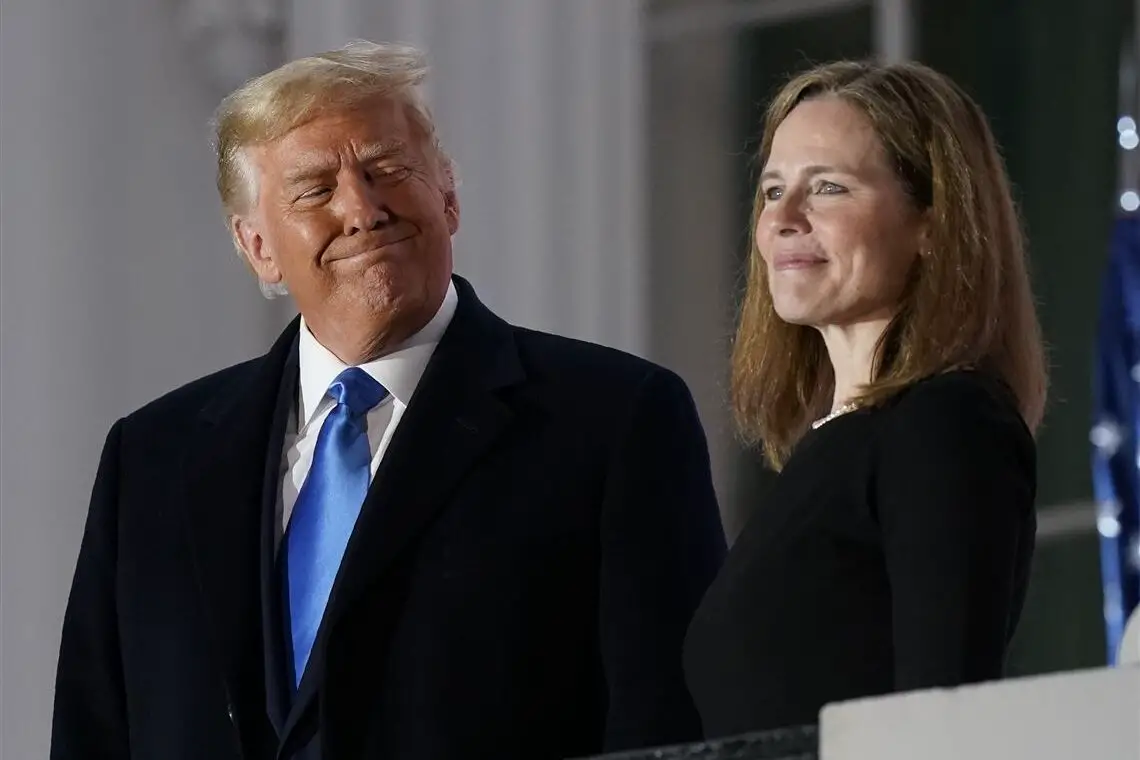A pivotal case with profound implications for both Donald Trump’s legal and political futures is set to unfold before the nine justices of the US Supreme Court. The central question: Do former presidents enjoy immunity from criminal prosecution for actions taken while in office?
This landmark case arises from charges leveled by Special Counsel Jack Smith against Mr. Trump for allegedly attempting to overturn the results of the 2020 election. However, Mr. Trump contends that the US Constitution shields him from indictment. The trial has been in abeyance as the matter ascended to the nation’s highest court.
This case marks a historic juncture, as Mr. Trump is the first former president to face federal criminal charges. The Supreme Court’s decision, expected in June, will be equally historic.
Should the court rule in favor of prosecution, the trial is likely to resume in late summer, amidst the presidential election season. Conversely, a decision favoring immunity could spell the dismissal of other criminal cases against Mr. Trump.
The crux of Mr. Trump’s defense hinges on a 1982 court decision involving President Nixon, asserting that presidents are immune from civil liability for actions undertaken in their official capacity. Mr. Trump’s legal team argues that this principle extends to criminal liability as well, asserting that subjecting former presidents to criminal prosecution would unduly hinder their ability to execute their duties without fear of reprisal.

However, the Constitution states that impeached leaders remain subject to indictment, trial, and punishment, post-removal from office. Mr. Trump’s defense contends that criminal trials can only proceed after a Senate impeachment trial, a process he has already cleared.
Conversely, Mr. Smith’s team warns that granting blanket immunity to former presidents could lead to a scenario where presidents could commit crimes with impunity, evading justice by resigning prior to a Senate conviction.
The outcome of this case could have far-reaching consequences, impacting Mr. Trump’s legal battles in Georgia and Florida. While the Supreme Court’s ruling may not be known until later this year, the implications of this decision will reverberate through American jurisprudence and politics for years to come.